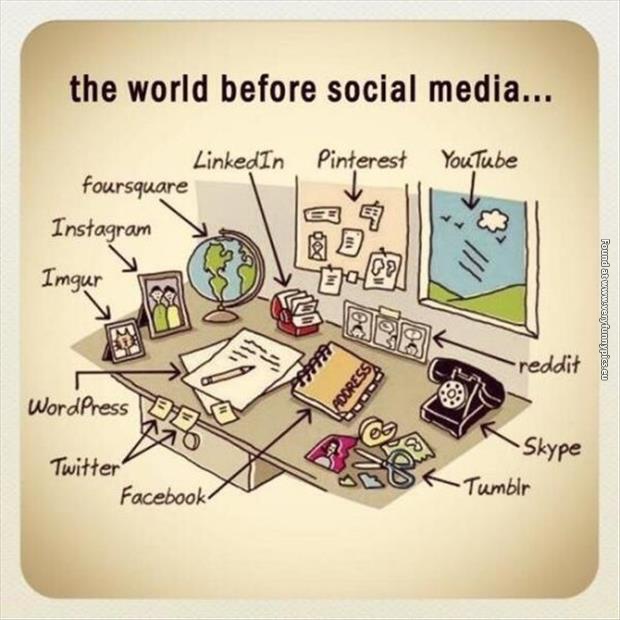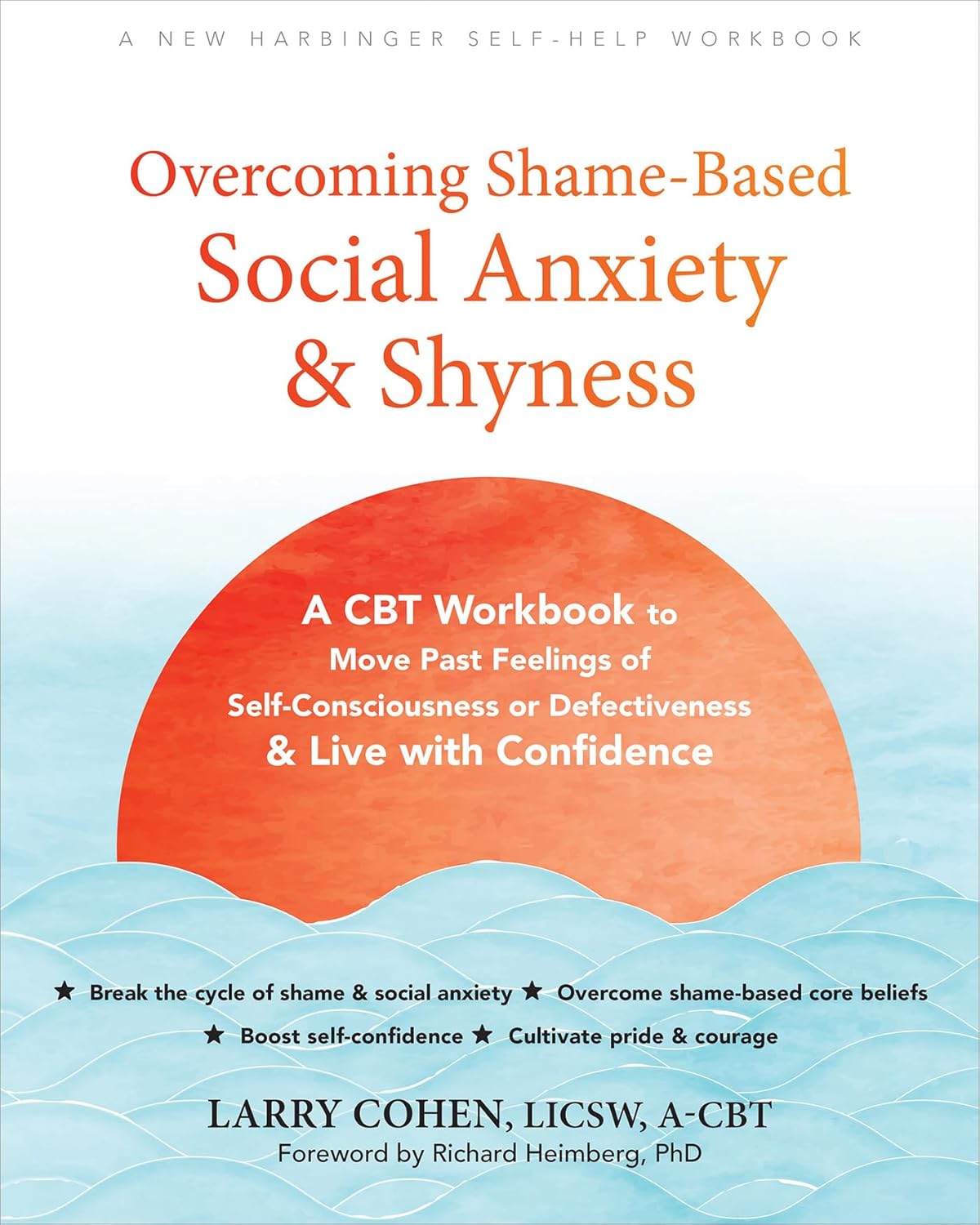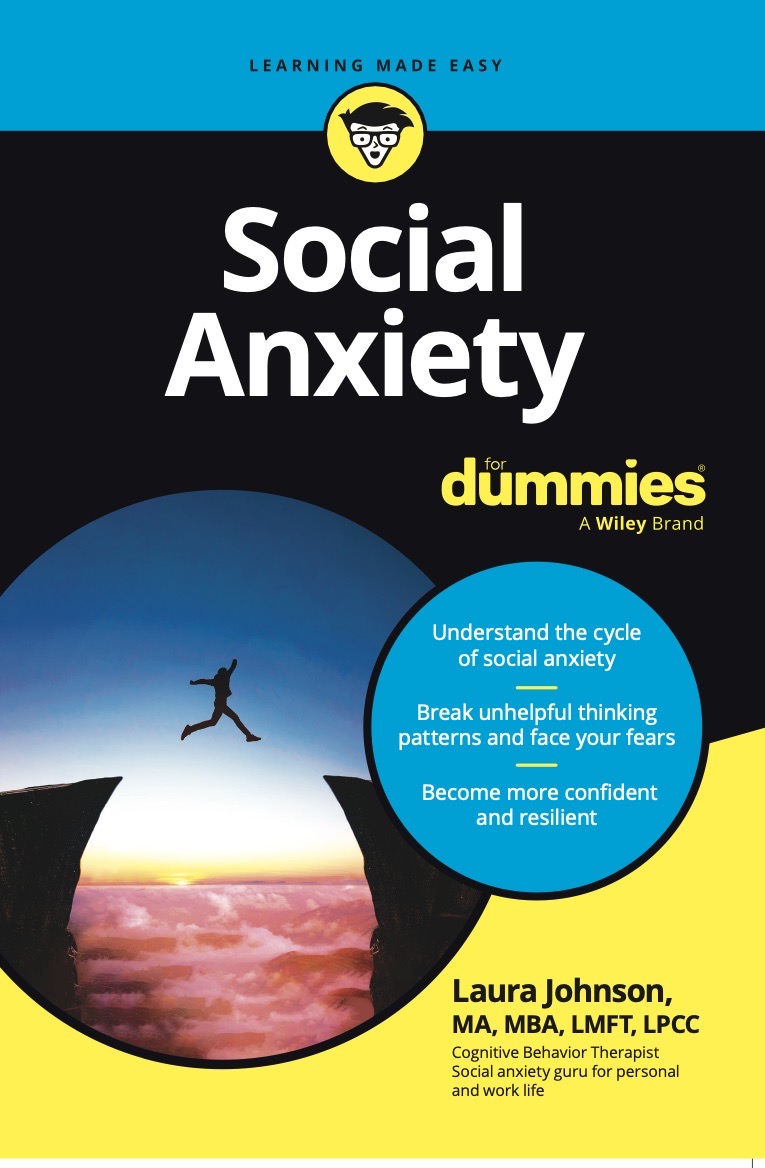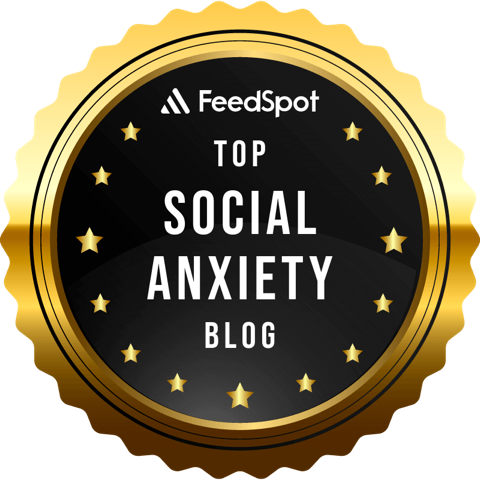Feeling stressy? If you are between the ages of 12 and 27 years old, it’s very likely that you are. Dubbed “the anxious generation” and “the loneliest generation,” over 60 percent1 of Generation Z (people born between 1997 and 2012) report experiencing significant stress and anxiety, including social anxiety. One strength among this group of individuals, however, is their openness to talking about mental health and their willingness to seek treatment.
In this blog article, I’ll discuss some of the unique challenges contributing to the high incidence of social anxiety among Gen Z, their typical social anxiety profile, and strategies you can use to help this group cope with the far-reaching effects of this mental health concern.
Social Anxiety Symptoms
Social anxiety refers to excessive fear of being scrutinized by others in social situations. Some examples of these situations include public speaking, meeting new people, having a conversation, disagreeing with others, speaking to authority figures, or being observed, like while eating or drinking in public or using a public restroom.
During these situations, individuals with social anxiety tend to worry about behaving in ways that will cause them to be judged by others or embarrassed. This includes worrying about acting in ways that lets others know they are experiencing anxiety, for example, blushing, trembling, sweating, stuttering, or staring.
Triggers

According to a recent report from Harmony Healthcare IT1, work, social activities, and relationships are some of the most anxiety provoking social situations members of Gen Z encounter. They’re particularly worried about dealing with the general public, crowds, bosses and coworkers, acquaintances, and family. They also feel like they’re alone in dealing with their struggles. More than 36 percent do not believe their parents are sympathetic to their difficulties, 34 percent perceive their coworkers or bosses as being uncaring, and 30 percent say that extended family lack empathy.
In many ways, challenges that contribute to the crisis of social anxiety among Gen Z such as learning how to navigate life transitions or experiencing rejection and failure, aren’t new. Yet, unlike their counterparts in older generations, Gen Zers are more frequently inundated with idealized and unrealistic portrayals of beauty, success, and social status via the constant connectedness of social media and increased access to mobile devices and the internet.
For example, a report published this summer by the Rollins School of Public Health2 states that overall use of all social media sites has risen in the last decade, and youth are the most likely to use YouTube, TikTok, Snapchat, and Instagram. The report further indicates that Gen Zers also have a greater likelihood than older generations to spend more time on social media daily, and 33 percent use at least one site almost constantly.
Problems with Functioning
For much of Gen Z, social anxiety is complicated by their relationship with their phones. Nearly 37 percent of Gen Zers feel that their phone interferes with daily activities, work, and relationships and 75 percent of Gen Zers also feel anxious about making calls or talking on the telephone1.
For example, I recently worked with a 24-year-old woman, Kate, who had difficulties with both social anxiety and attention deficit hyperactivity disorder. Because of a nation-wide shortage, Kate needed to reach out to several pharmacies in order to fill her prescription for Adderall, which was crucial to Kate’s ADHD management and being successful in her work as a newly minted elementary school teacher. Unfortunately, Kate felt so anxious about calling the pharmacy that she avoided the task for several months. This led to a decline in her work performance, which in turn created more anxiety, including fear of being embarrassed if her principal or coworkers were to notice what was going on. Eventually, Kate’s anxiety became so severe that she had to take a leave of absence from work, prompting her to seek therapy with me.
Declining work/academic performance is a common impairment among Gen Zers who experience social anxiety. Members of Gen Z also commonly experience a sense of social isolation, worry about face-to-face conversations and what to say to someone before having time to think about it, fear missing out, and have feelings of inadequacy as they compare themselves to people on social media.
Many Gen Zers additionally struggle with imposter syndrome3. Imposter syndrome refers to the belief that you’re not as intelligent or qualified as other people perceive you to be despite what you’ve achieved. Of significance to social anxiety, people with imposter syndrome also believe that they’ll be exposed as a fraud, leading to embarrassment or humiliation.
Solutions

If you are a member of Gen Z who struggles with social anxiety, there are many steps you can take to help you deal with your fears and take control of your life. First, work on limiting your exposure to social media. This can be accomplished by deleting certain apps from your phone. You can also turn off your phone for certain periods of time, monitor how much time you spend online, or create a social media schedule. Moreover, be intentional about how you fill your time in order to limit opportunities for doomscrolling (excessive time spent scrolling online) or other non-purposeful uses of the internet. Other wellness strategies you can try on your own include regular sleep and exercise, shifting your focus from yourself to others, and practicing self-acceptance.
Attending therapy can also help you to more effectively manage your difficulties with social anxiety. Cognitive-behavioral therapy (CBT) is one of the most effective types of therapy for people with social anxiety. During CBT, your therapist will help you to examine negative thoughts and behaviors that maintain or even worsen your fears of being scrutinized or embarrassed in social situations. This will include listing social situations you typically avoid, identifying safety behaviors you frequently use to avoid those situations, and learning how to better engage those situations by taking small, incremental steps. Moreover, because a significant amount of the distress that accompanies social anxiety stems from the physiological symptoms of panic, your therapist may also teach you external mindfulness techniques that help you to focus on the present moment.
If you are thinking about attending therapy for social anxiety, please visit NSAC’s Regional Clinics and Associates page to find a licensed professional who can serve you in your area.
Finally, if you are a friend or a family member of a young person who experiences social anxiety, there are also many ways you can provide support as they developed the skills necessary to meet their mental health challenges. Make efforts to create a safe environment for your loved one to express their feelings and concerns. This includes being patient and maintaining a nonjudgmental attitude as they share their fears and any reluctance they might have while addressing them. Additionally, support your loved one in the use of the skills they are learning on their own or during therapy. For example, encourage them to challenge negative thoughts during uncomfortable social situations and help them to actively confront their fears by taking gradual steps.
Overcoming social anxiety can be difficult but it’s definitely possible. By following the strategies above, you can help your loved one to feel more deeply understood and connected, increasing their resolve to face rather than avoid situations.
1 Harmony Healthcare IT. (2023, October 7). [New Study] 1 in 2 Gen Z With Anxiety Struggle Daily. https://www.harmonyhit.com/gen-z-anxiety-statistics/
2 Crosier, S. (2024, May 22). Gen Z, Social Media, and Mental Health. Rollins School of Public Health. https://sph.emory.edu/news/news-release/2024/05/gen-z-social-media-mental-health.html
3 Cuncic, A. (2024, January 19). Imposter Syndrome: Why You May Feel Like a Fraud. Very Well Mind. https://www.verywellmind.com/imposter-syndrome-and-social-anxiety-disorder-4156469











